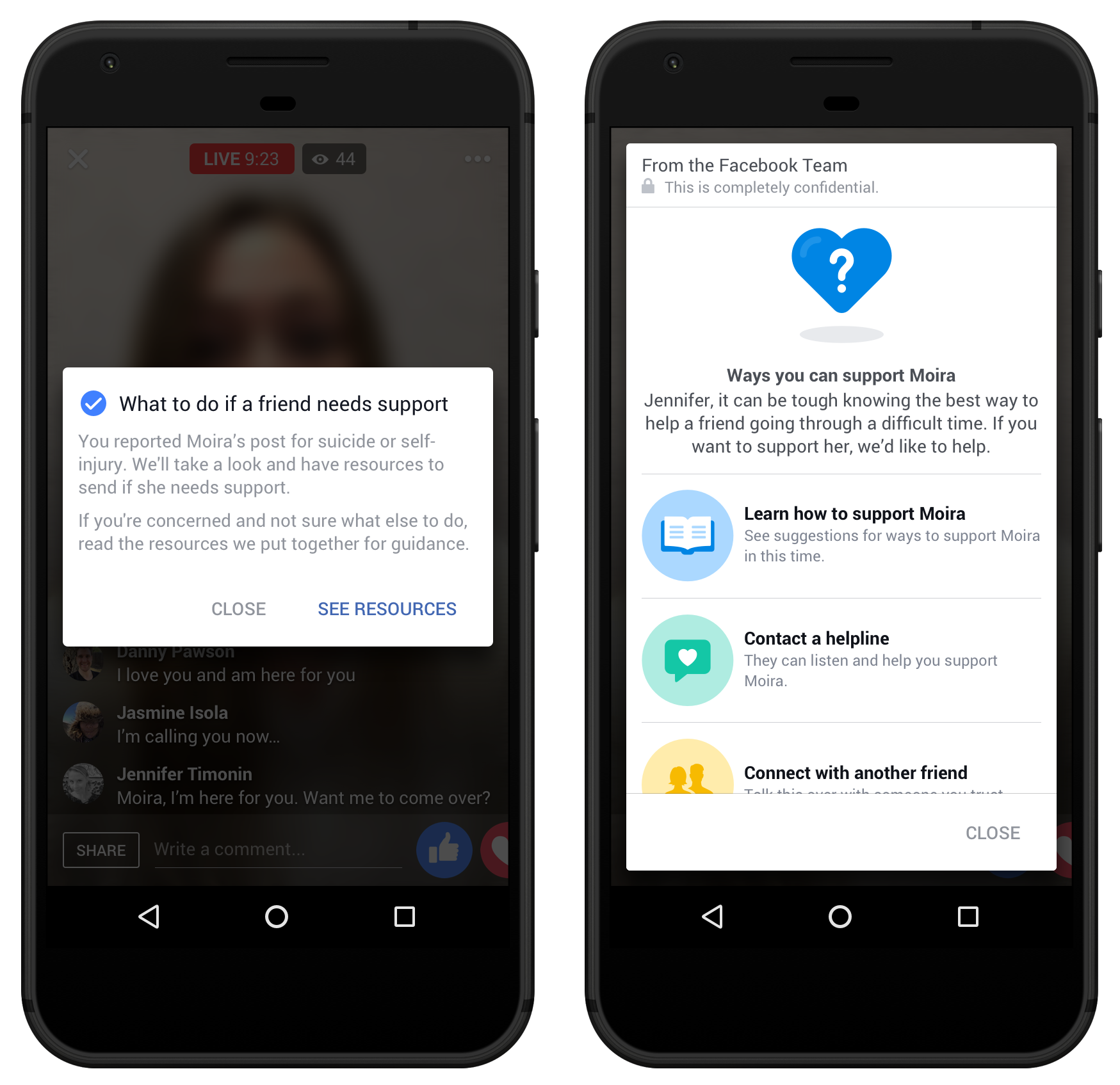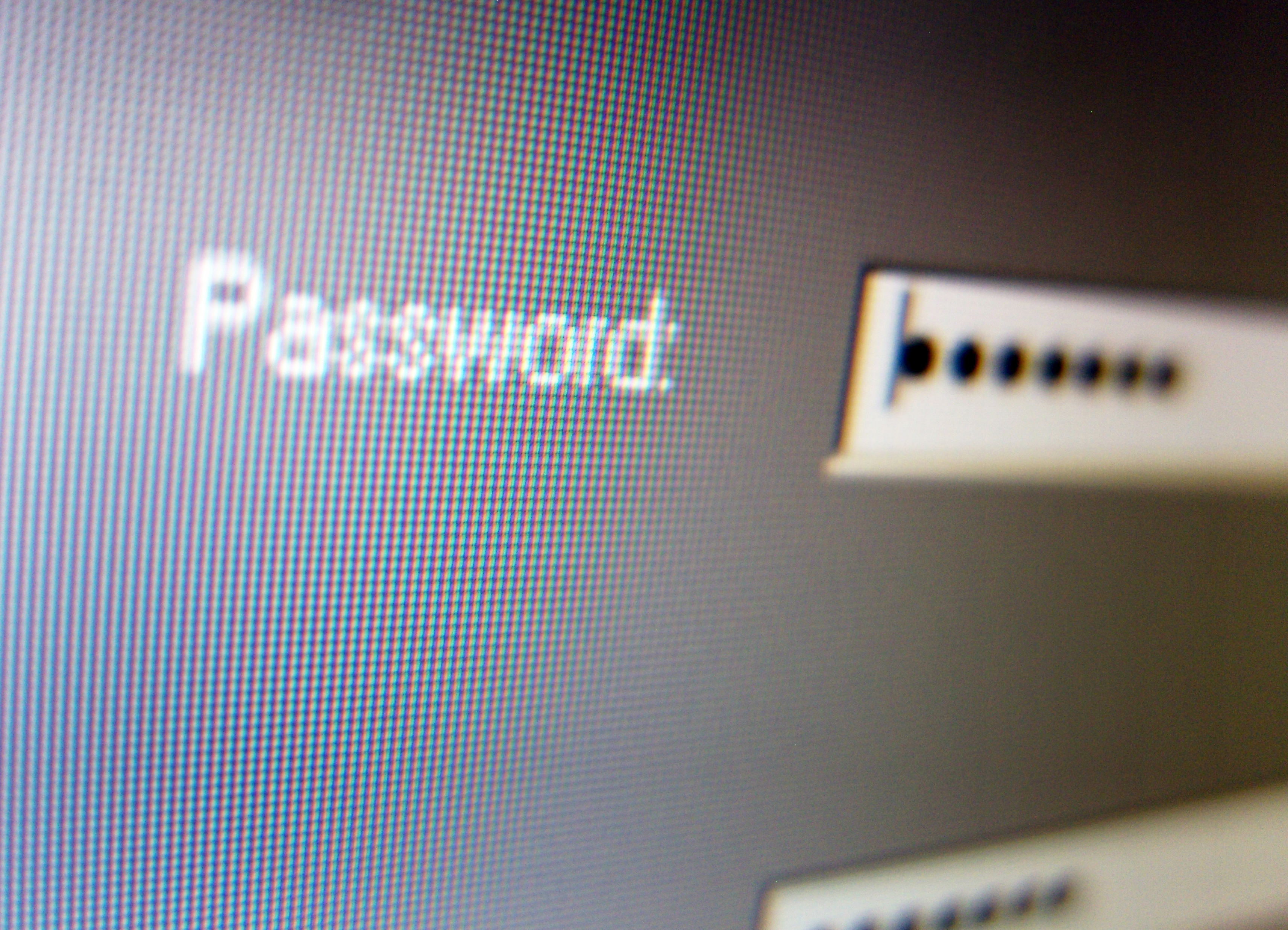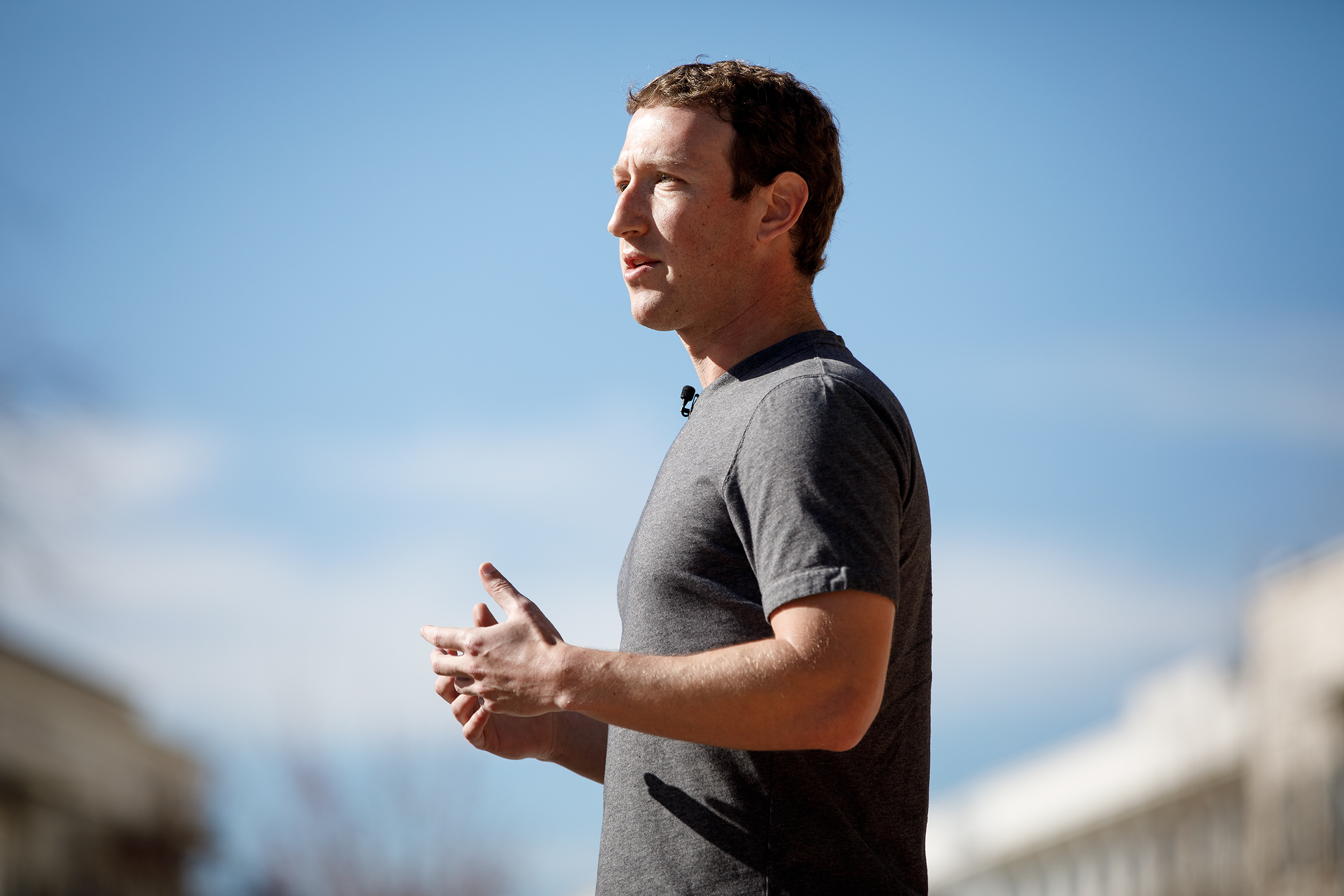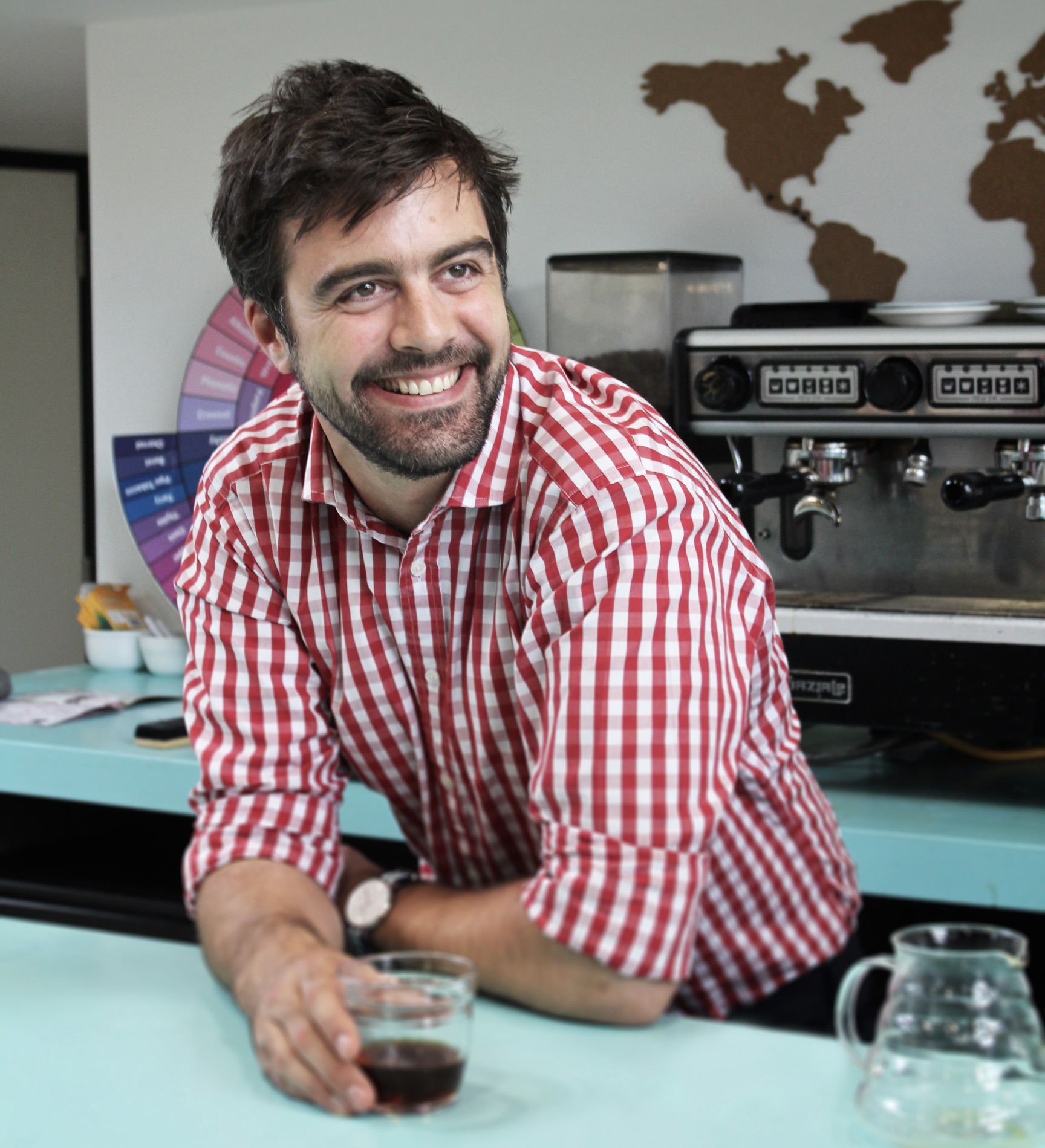Facebook rolls out AI to detect suicidal posts before they’re reported

This is software to save lives. Facebook’s new “proactive detection” artificial intelligence technology will scan all posts for patterns of suicidal thoughts, and when necessary send mental health resources to the user at risk or their friends, or contact local first-responders. By using AI to flag worrisome posts to human moderators instead of waiting for user reports, Facebook can shave down how long it takes to send help.
Facebook previously tested using AI to detect troubling posts and more prominently surface suicide reporting options to friends in the US. Now Facebook is will scour all types content around the world with this AI, except for in the European Union where privacy laws complicate the use of this tech.
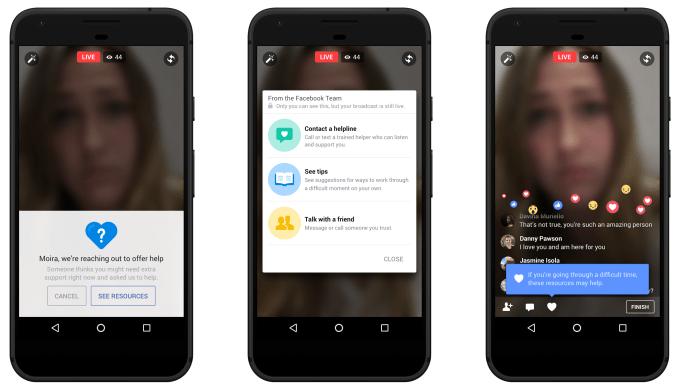
Facebook will also use AI to prioritize particularly risky or urgent user reports so they’re more quickly addressed by moderators, and tools to instantly surface local language resources and first responder contact info. It’s also dedicating more moderators to suicide prevention, training them to deal with the cases 24/7, and now has 80 local partners like Save.org, National Suicide Prevention Lifeline, and Forefront from which to provide resources to at-risk users and their networks.
“This is about shaving off minutes at every single step of the process, especially in Facebook Live” says VP of product management Guy Rosen. Over the past month of testing, Facebook has initiated over 100 “wellness checks” with first-responders visiting affected users. “There have been cases where the first responder has arrived and the person is still broadcasting.”
The idea of Facebook proactively scanning the content of people’s posts could trigger some dystopian fears about how else the technology could be applied. Facebook didn’t have answers about how it would avoid scanning for political dissent or petty crime, with Rosen merely saying “we have an opportunity to help here so we’re going to invest in that.” There are certainly massive beneficial aspects about the technology, but its another space where we have little choice but to hope Facebook doesn’t go to far.

Facebook trained the AI by finding patterns in the words and imagery used in posts that have been manually reported for suicide risk in the past. It also looks for comments like “are you OK?” and “Do you need help?”
“We’ve talked to mental health experts, and one of the best ways to help prevent suicide is for people in need to hear from friends or family that care about them” Rosen says. “This puts Facebook in a really unique position. We can help connect people who are in distress connct to friends and to organizations that can help them.”
Published at Mon, 27 Nov 2017 16:00:21 +0000

